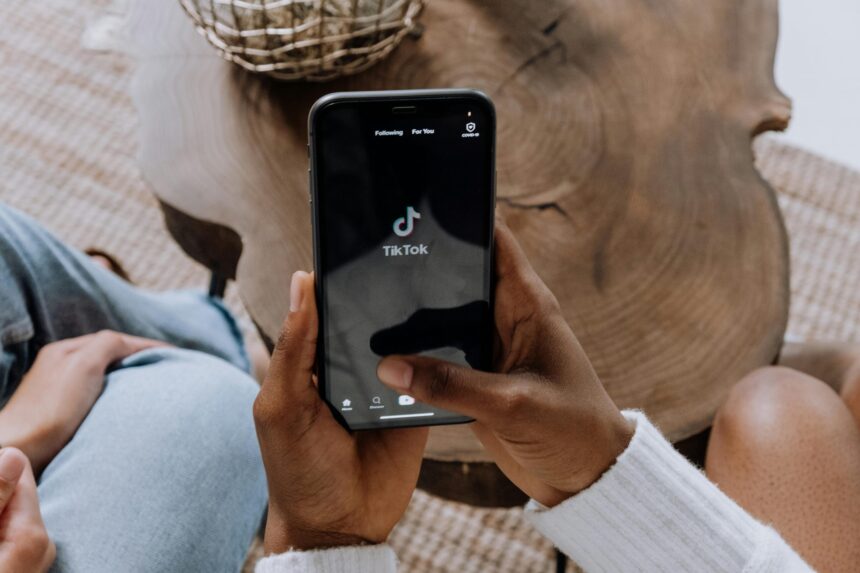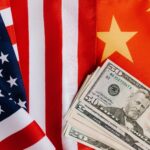TikTok has once again appeared in the app stores of Apple and Google in the U.S. after President Donald Trump postponed the implementation of a ban on the widely-used social media application, run by the Chinese tech company ByteDance.
The app’s future remained uncertain due to a law mandating its Chinese owner to either sell it over national security issues or confront a ban starting on January 19. TikTok, boasting over 170 million users in the U.S., was taken down from the app stores of Apple and Google on January 18 to adhere to legal requirements.
Upon assuming office on January 20, Trump issued an executive order aiming to postpone the law’s enforcement by 75 days. Nonetheless, Apple and Google did not provide TikTok on their app stores until this point.
The video-sharing application has historically encountered issues in the US, as the government argues that its Chinese ownership and access to the data of millions of Americans poses a national security threat.
The prohibition was enacted because of fears that the Chinese government might use the app to surveil Americans or subtly shape US public sentiment via data gathering and content alteration.
TikTok has once again appeared in the app stores of Apple and Google in the U.S. after President Donald Trump postponed the implementation of a ban on the widely-used social media application, run by the Chinese tech company ByteDance.
The app’s future remained uncertain due to a law mandating its Chinese owner to either sell it over national security issues or confront a ban starting on January 19. TikTok, boasting over 170 million users in the U.S., was taken down from the app stores of Apple and Google on January 18 to adhere to legal requirements.
Upon assuming office on January 20, Trump issued an executive order aiming to postpone the law’s enforcement by 75 days. Nonetheless, Apple and Google did not provide TikTok on their app stores until this point.
The video-sharing application has historically encountered issues in the US, as the government argues that its Chinese ownership and access to the data of millions of Americans poses a national security threat.
The prohibition was enacted because of fears that the Chinese government might use the app to surveil Americans or subtly shape US public sentiment via data gathering and content alteration.






